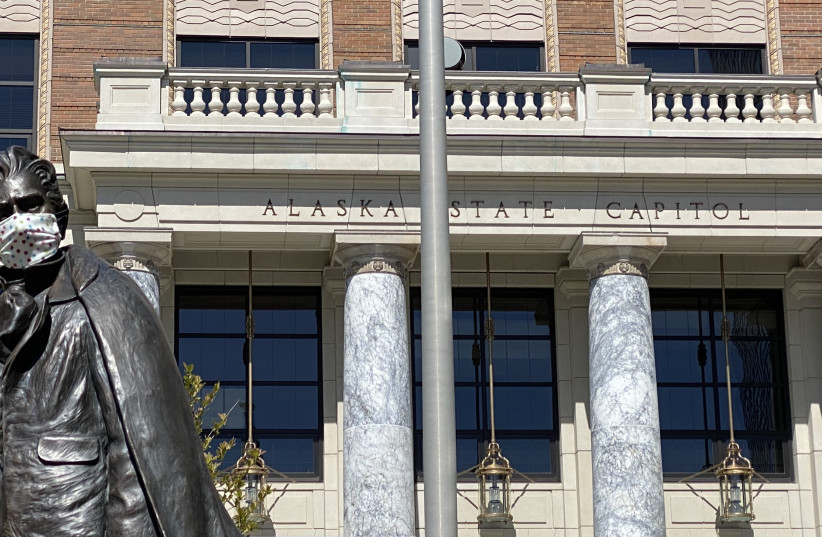US Air Force F-16 fighter jets intercepted two Russian Tu-95 Bear-H bombers that entered the Alaskan Air Defense Identification Zone (ADIZ) on Tuesday, according to the North American Aerospace Defense Command (NORAD).
The two Russian bombers remained in international airspace and did not enter American or Canadian sovereign airspace.
According to NORAD, the recent Russian activity in the ADIZ is not seen as a threat nor as provocative.
In September, NORAD "detected, tracked and positively identified" two Russian maritime patrol aircraft entering the ADIZ. In that incident as well the two aircraft did not enter American or Canadian sovereign airspace.

Russian refugees flee to Alaska
Earlier this month, two Russian nationals landed at a beach on Alaska's St. Lawrence Island in the Bering Strait and requested asylum in the US, the offices of US Senators Lisa Murkowski and Dan Sullivan announced at the time.
The two refugees landed at a beach near Gambell, an isolated community on the northwestern part of St. Lawrence Island. Gambell is located about 46 miles (75 kilometers) from the closest Russian community across the Strait.
Russian threats against Alaska
In July, Chairman of the Russian State Duma Vyacheslav Volodin warned that Russia could demand Alaska back if the US continued seizing Russian resources.
"Decency is not a weakness. We always have something a response. Let America always remember that there is part of its territory, Alaska. When they start trying to dispose of our resources abroad, before doing so, let them think that we also have something to claim back," said Volodin.
Russia colonized Alaska in the late 1700s but sold the territory to the US in 1867.
